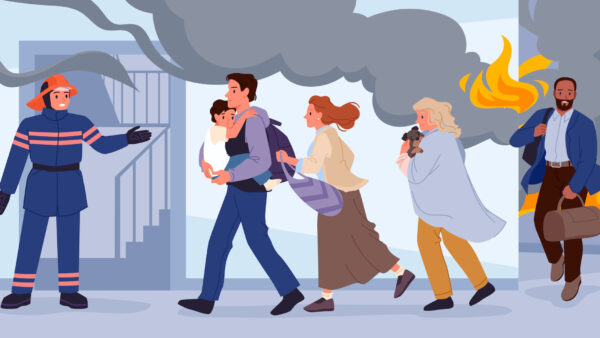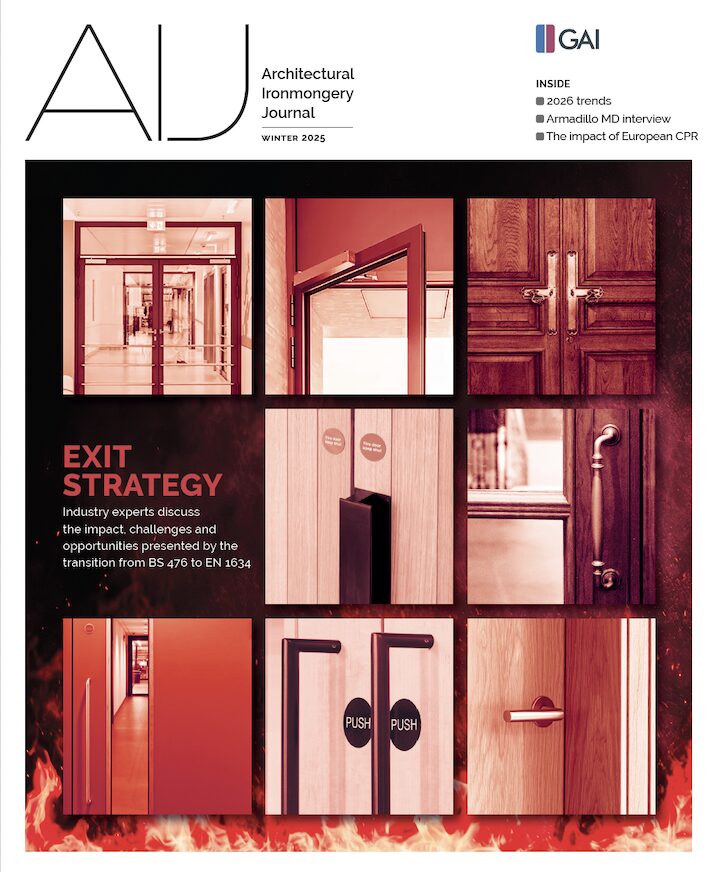The GAI polled its members about its return to the office post lockdown

With lockdowns in the rear view mirror and furlough schemes ended the great return to work has been underway now for a few months. For many who had been working from home a return to the office was welcome; they missed the camaraderie with colleagues, the sense of routine and embraced the return to normality. Others were less keen: for them working from home brought flexibility and a better work/life balance and they were anxious about the risks and Covid protocols in place, as the virus is still very much with us.
However, the majority of the UK’s largest employers are not planning to bring their teams back into the office on a full-time basis with 76% of businesses expecting hybrid working to become more common, according to a CBI survey. These findings are backed up by the Institute of Employment Studies. Its research found seven in 10 (73%) employees wished to adopt a hybrid work arrangement. The desired shift towards a hybrid model of work is also underlined in studies by the Chartered Institute of Personnel and Development (CIPD): “Many employers were desperate for a return, especially for the face-to-face interactions that contribute to more effective working relationships. Many workers were also missing social contact. CIPD research found that 50% of those working at home through the pandemic said their work relationships suffered, and most workers with existing mental health conditions report that they worsened.”
With this in mind we asked GAI members about their return to work.
Out of those polled 63 per cent were no longer working from home but just under half had hybrid working practices in place. Some had most staff back full time with a few employees still WFH.
When asked how they have found the return to work the responses varied along a spectrum that spanned from “difficult” and “strange to get back to normal” to “it’s like nothing happened” and “business as usual”.
The main changes noted were around how business was carried out in light of Covid measures and rising cases. “A number of my customers are still not seeing ‘reps’ and with Covid rates rising again in my area, customers are seeing staff having to self isolate so are cutting back on visitors again.”
Another said that staff shortages on site was delaying projects.
Many companies have made adjustments to the way the business is run in areas around training, health screening, office space and technology.
“We have hybrid meetings with some people attending online and others office based,” reported one member. “We have supported free flu vaccinations for all staff, amended our company handbook to include Covid protocols and risk assessments and we have a strict office sanitation policy for personal and public space. All employees are temperature checked twice per day.”
Another reported that they are keeping staff well spaced out and maintaining good hygiene practice which includes washing and disinfecting hands, desk, phone, and PCs before starting work and again before leaving the building.
“We offer hybrid training now,” reported another member. “Whenever we do in-house or external training we use Teams to reach those people working from home.”
Time will tell whether health protection and hybrid working will become the standard practice for the workplace but currently research points to it being normal for now. n
If any of these issues are affecting your business, the GAI member benefits include access to mental health first aid training with The Lighthouse Club as well as HR support. See www.gai.org.uk/Benefits








